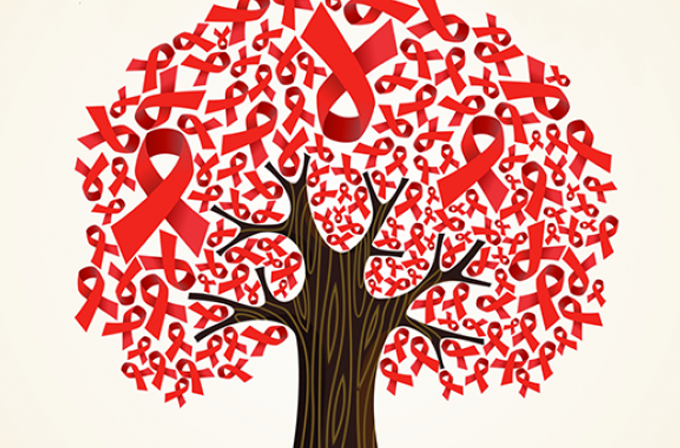Over at the Faith in Public Life blog, recent entries (like this one on Rick Santorum and torture) manifest a new, interesting rhetorical strategy: to take the language of “pro-life” away from the abortion issue, and apply it more broadly to a range of issues, many of which also involve bodily harm and potential death. To say Rick Santorum or John Boehner are “not really pro-life” has become a way to complicate the discourse. “Life” is not just abortion.
I think this is all to the good, though I leave it to folks like those at FPL to assess whether such a strategy works or not! My interest as a moral theologian is in the term “life” – a term that may go even further than is currently thought. We heard at last Sunday’s mass the passage from John’s gospel where Jesus promises that He “came so that they might have life and have it more abundantly.” The reference here is to a “zoe” sort of life, the kind of fullness that Pope Benedict XVI describes in Spe Salvi:
Our paradoxical attitude gives rise to a deeper question: what in fact is “life”? And what does “eternity” really mean? There are moments when it suddenly seems clear to us: yes, this is what true “life” is—this is what it should be like. Besides, what we call “life” in our everyday language is not real “life” at all. … To imagine ourselves outside the temporality that imprisons us and in some way to sense that eternity is not an unending succession of days in the calendar, but something more like the supreme moment of satisfaction, in which totality embraces us and we embrace totality—this we can only attempt. It would be like plunging into the ocean of infinite love, a moment in which time—the before and after—no longer exists.
Jesus’ comment occurs in his contrast between Himself, and “thieves” who come “only to steal and slaughter and destroy.” If we are not to transpose this into purely otherworldly terms, Jesus is indicating the term “life” is associated with those who lead people in ways that will lead to their genuine flourishing, rather than their victimization and destruction in some way. Thus, for moral theologians, the question about “pro-life” may be more aptly characterized as one of being “pro-abundant-life” or “pro-Zoe.” Immediately one would want to head off a misinterpretation that would “translate” this into some sort of a statement about “quality of life” – that is, as a paradoxical justification for those living supposedly “non-abundant” life. The issue here, rightly understood, is exactly what Benedict promotes as “integral human development” – not mere survival, but a fullness of common life oriented toward self-giving. In one of my favorite passage in Pope John Paul II’s encyclicals, he cleverly renarrates the Marxist concept of alienation:
The historical experience of the West, for its part, shows that even if the Marxist analysis and its foundation of alienation are false, nevertheless alienation — and the loss of the authentic meaning of life — is a reality in Western societies too. This happens in consumerism, when people are ensnared in a web of false and superficial gratifications rather than being helped to experience their personhood in an authentic and concrete way. Alienation is found also in work, when it is organized so as to ensure maximum returns and profits with no concern whether the worker, through his own labour, grows or diminishes as a person, either through increased sharing in a genuinely supportive community or through increased isolation in a maze of relationships marked by destructive competitiveness and estrangement, in which he is considered only a means and not an end. … A man is alienated if he refuses to transcend himself and to live the experience of selfgiving and of the formation of an authentic human community oriented towards his final destiny, which is God. A society is alienated if its forms of social organization, production and consumption make it more difficult to offer this gift of self and to establish this solidarity between people.
Following the popes here, a rigorous application of the “pro-life” label would be to ask whether politicians or political parties promote this kind of vision of social organization, or whether they promote alienation. It is obviously not the case that a social order can by itself bring about “abundant life.” Jesus does that. But the work of both John Paul II and Benedict XVI have emphasizes that a social order is supposed to foster caritas – self-gift – in our everyday relations. Perhaps we need to develop further the real potential of the label “pro-life”: a society where it is easier for us to offer ourselves as gifts to one another.




David this is a very interesting post. As you point out, it is important to point out the various meanings of the word life and how it is used. We speak of the life and dignity of the human person as an integral whole. I would say that political ideologies, parties and such fail to offer a narrative or social organization that consistently upholds this vision of life. It is also good to remember that Aquinas spoke of not only living, but living well. We ask, what does this mean? How do we achieve or pursue this in contemporary society? What is required of persons and communities to be able to practice caritas more fully?